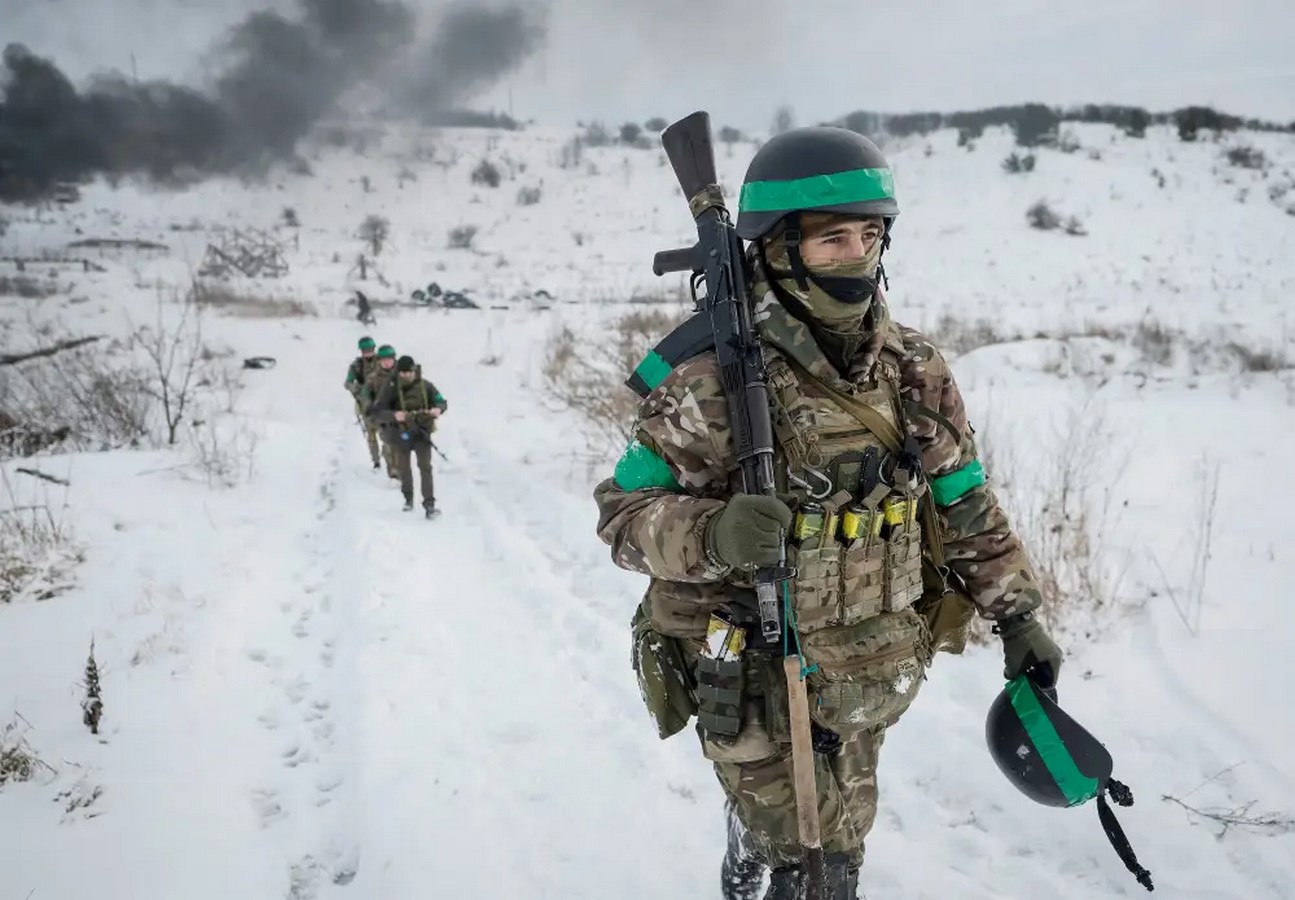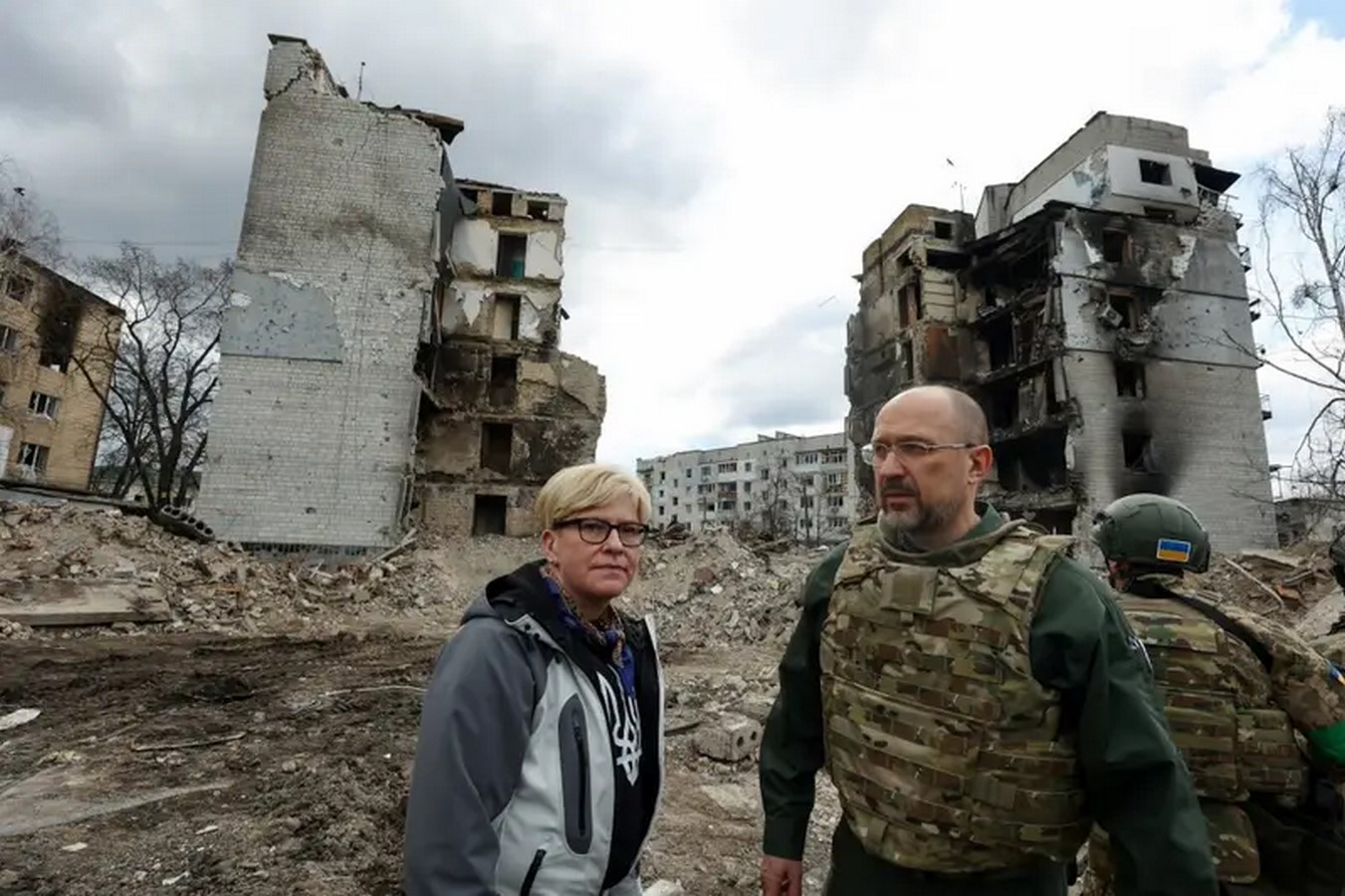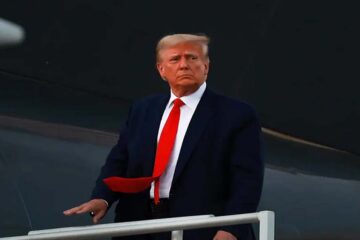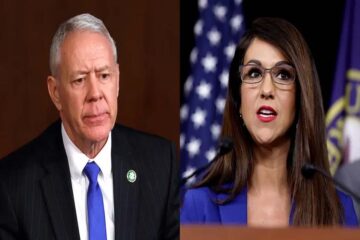Europe’s Defense Dependency A Warning from Lithuanian Prime Minister

Lithuania’s Prime Minister, Ingrida Šimonytė, has issued a stark warning, urging Europe to reconsider its reliance on the United States for defense funding. As tensions with Russia persist, Šimonytė emphasizes the need for European nations to take greater responsibility for their defense.

Shifting Dynamics
With Russia’s aggressive stance and the threat of further incursions into European territory, Šimonytė highlights the urgency for Europe to reassess its defense strategy. She emphasizes that Europe cannot afford to passively rely on the US to address security threats within its own borders.
Call for European Self-Reliance
Šimonytė asserts that while US military support remains crucial, Europe must work towards greater self-sufficiency in defense matters. Acknowledging the importance of US assistance, she emphasizes the need for European nations to enhance their own military capabilities.

Historical Warnings
Lithuania, situated on Russia’s border, has long advocated for increased vigilance and support for Ukraine. Šimonytė emphasizes that the West should have recognized the threat posed by Russia even before the full-scale invasion of Ukraine in 2022.
Macron’s Agreement
French President Emmanuel Macron echoes Šimonytė’s sentiments, stressing that Europe should not solely depend on American support for its defense. Macron underscores the importance of European autonomy in confronting security challenges.
Challenges and Controversies
Recent controversies, including former President Donald Trump’s remarks on NATO spending and House Republicans stalling aid to Ukraine, highlight the complexities surrounding European defense efforts. These challenges underscore the need for Europe to bolster its defense capabilities independently.
Push for Increased Defense Spending
In response to the Ukraine crisis, Šimonytė advocates for European nations to increase defense spending, emphasizing its role in strengthening both regional security and domestic defense industries. Despite progress, many European countries have yet to meet NATO’s spending targets.
Conclusion
The ongoing crisis in Ukraine serves as a wake-up call for Europe to reassess its defense posture and reduce dependence on external actors. Šimonytė’s call for greater European self-reliance reflects a broader shift towards enhancing regional security and sovereignty in the face of evolving geopolitical threats.


















